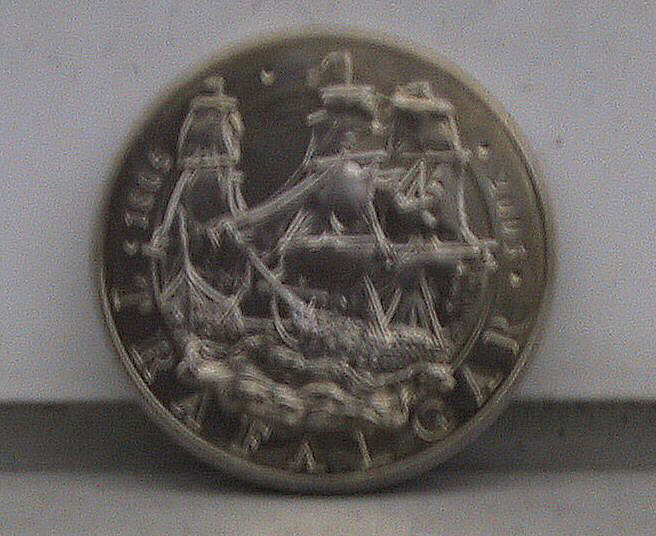A suggestion for a talk about the Battle of Trafalgar to primary school children


Teachers might care to have some fine black fabric and some laurel leaves to show children and to have the words Trafalgar, cypress and laurel on flash cards.
Ask children whether they have ever felt happy and sad at the same time. Explain that 200 years ago, on 21 October 1805, events happened which led the people of Britain to feel proud and joyful but at the same time made them very sad indeed.
The British fleet - 27 ships - under the command of Vice-Admiral Horatio Nelson, defeated the 33 ships of the French and Spanish at the Battle of Trafalgar. It is still regarded as the greatest sea battle of all time. But Nelson himself was killed by a musket ball. Shortly afterwards a poem was written which referred to the cypress and the laurel on Nelson's coffin. What did those two words mean, cypress and laurel?
Cypress is a thin black fabric. It might be used as a drape over a coffin. Laurel refers to the leaves of the bay, or laurel, bush which are sometimes woven into a crown or wreath for someone who is a victor, who has won something. Nelson was a very brave man, a hero.